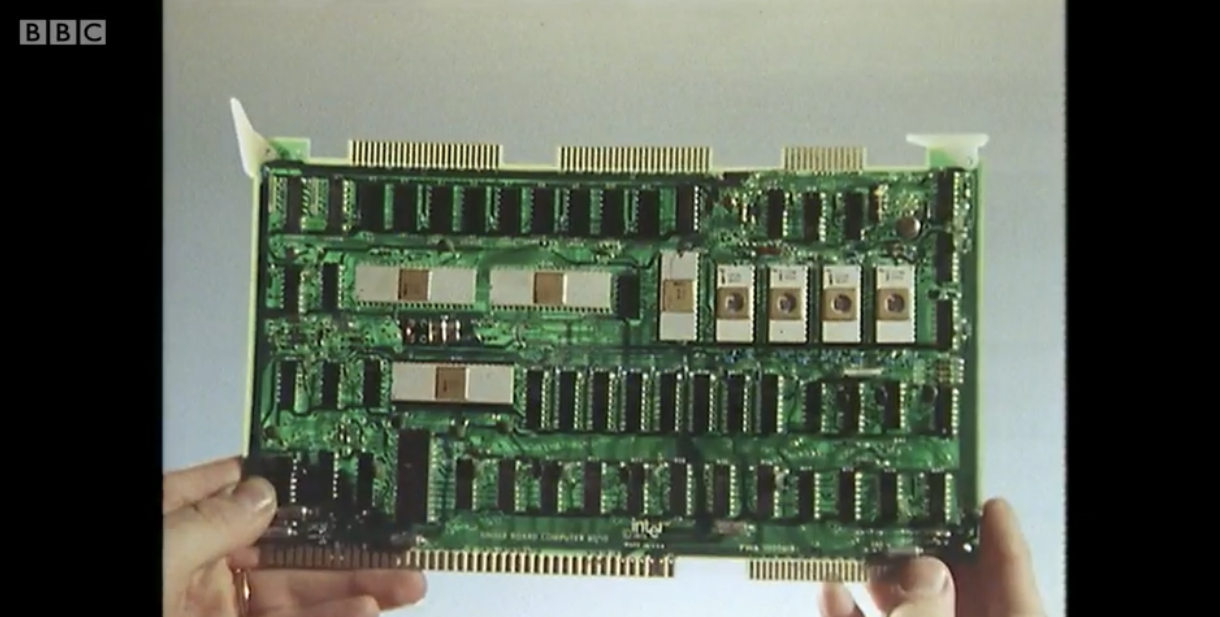Have I ever mentioned that I, for one, welcome our new LLM overlords? No? Well, now I have and with that sentiment of self-serving surrender comes news from the researchers at MIT. They have a new way to measure how AI is going to impact the labour market, you see, and this “Iceberg Index” now idicates that fully 11.7% of the US workforce could already be replaced by AI.
That equates to $1.2 trillion in annual wages, according to MIT, and 17.7 million jobs. So, what is this Iceberg Index and how does it work? According to MIT, it’s “a skills-centered KPI for the AI economy. It measures the percentage of wage value of skills that AI systems can perform within each occupation, revealing where human and AI capabilities overlap.”
“Basically, we are creating a digital twin for the US labor market,” Prasanna Balaprakash, ORNL director and co-leader of the research, told CNBC. The Index works by treating the US’s 151 million workers as individual autonomous agents, each tagged with various skills, occupations and locations.
The model includes 32,000 skills, and 923 occupations across 3,000 counties, then measures where current AI systems can already perform those skills. It then calculates “the wage value of skills AI systems can perform.” And that’s where you get your $1.2 trillion and 17.7 million jobs.
The “Iceberg” riff alludes to the MIT’s findings that “visible AI adoption concentrated in computing and technology (2.2% of wage value, approximately $211 billion) represents only the tip of the iceberg.” In other words, the obvious things that AI can do and that pose an immediate threat to very specific computing and technology jobs are just the tip of the iceberg in terms of the “exposure” of the entire jobs market to the impact of AI.

MIT and the research team say that the Iceberg Index is not meant to be a prediction engine, but instead is meant to help “policymakers and business leaders identify exposure hotspots, prioritize training and infrastructure investments, and test interventions before committing billions to implementation.”
Exactly what any of we mere mainstream mortals should make of all this, is hard to say. AI is clearly going to have a huge impact, but the specifics seem very hard to pin down.
However, just to exit all this on a somewhat positive note, I’m reminded of an archived BBC documentary titled, “Now the Chips are Down.” It was originally broadcast in 1978 and attacked the then novel subject of “silicon chips.”
Among the opening gambits of the film are these dispassionately delivered observations:
“A chip can be made to anything from arithmetic to reading a book. Such chips will totally revolutionise our way of life. They are the reason why Japan is abandoning its ship building and why our children will grow up without jobs to go to.”
Well, that was the late 70s and it didn’t quite play out like that, did it? I mean, chips can definitely now read books. But there were more jobs for people born in the 1970s and 1980s than ever before. So maybe there’s hope yet for us all.



This is an intriguing topic! The potential impact of AI on the workforce is definitely something worth discussing. It’s fascinating to see how technology continues to evolve and change our job landscape.
Absolutely, it really is a fascinating issue! As AI continues to evolve, it’s interesting to consider not just the jobs that might be replaced, but also the new roles that could emerge alongside it. Adapting to these changes could lead to exciting opportunities for innovation and growth in various fields.
r the ethical implications of replacing human jobs. The study highlights not just the potential for efficiency, but also the need for a thoughtful transition for affected workers. Balancing innovation with social responsibility will be key as we move forward.
You’re right to point out the ethical implications; it’s a crucial aspect of this discussion. Additionally, the Iceberg Index reveals that certain sectors might be more vulnerable than others, which could lead to significant shifts in job training and education requirements in the near future.